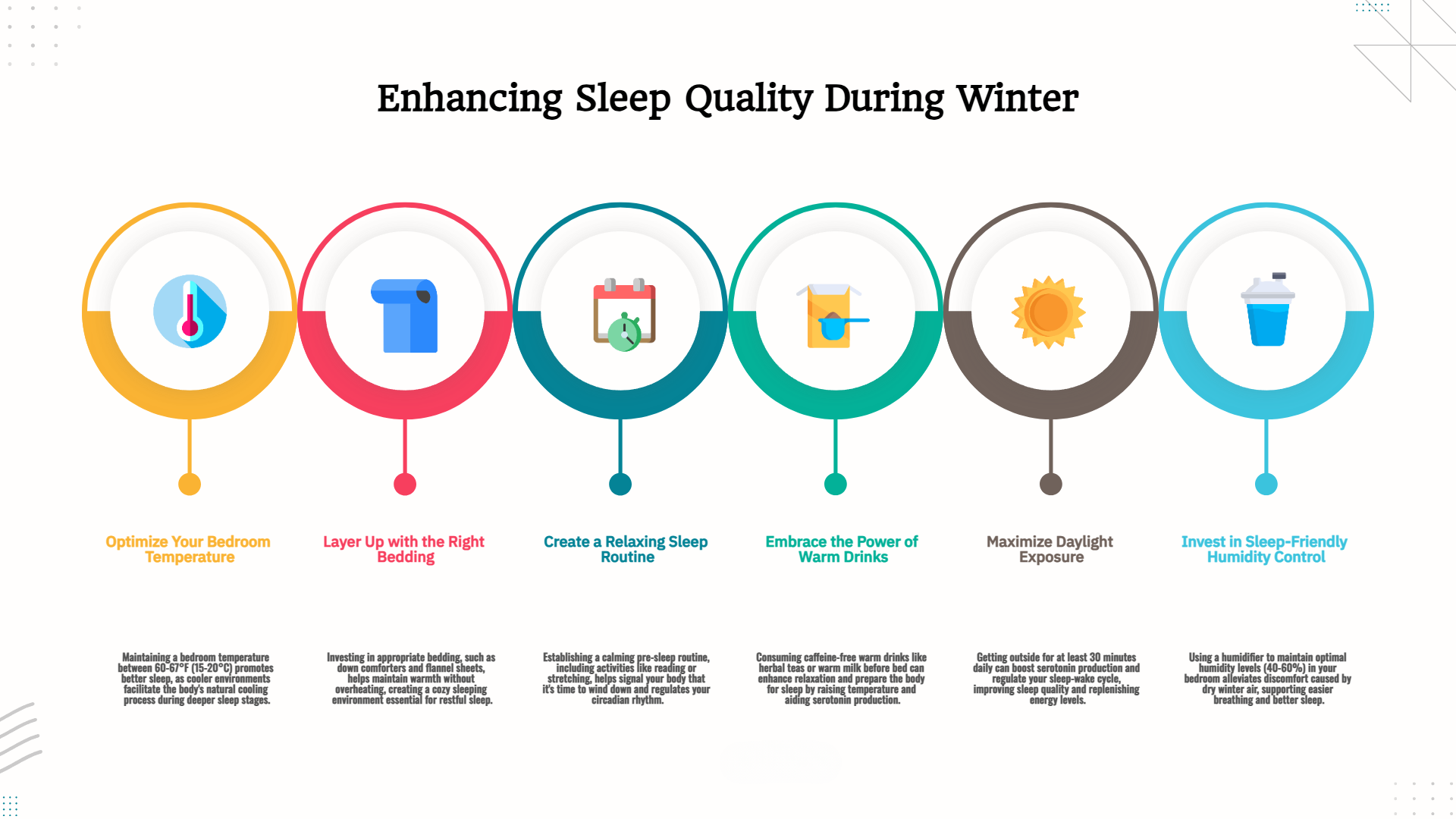
Introduction
Deep sleep, also known as slow-wave sleep, is essential for physical and mental restoration. It’s during this stage that our bodies repair tissues, strengthen the immune system, and consolidate memories. However, various factors, such as stress, poor sleep habits, and lifestyle choices, can disrupt deep sleep. In this article, we’ll explore several natural strategies to increase your deep sleep percentage and enjoy a more restful night’s sleep.
Importance of Deep Sleep

Credit: www.healthylife.com.au
Deep sleep is characterized by slow brainwave activity, reduced muscle activity, and decreased body temperature. It’s a crucial stage of the sleep cycle, as it plays a vital role in cognitive function, memory consolidation, and emotional regulation.
- Physical restoration: Tissue repair and muscle growth occur during this phase.
- Immune function enhancement: The body produces immune-boosting substances like cytokines.
- Memory processing: Deep sleep is crucial for consolidating declarative memories.
Failing to get enough deep sleep can lead to fatigue, cognitive difficulties, and a weakened immune system.
Practical, Science-Backed Strategies to Increase Deep Sleep Percentage

Credit: www.whoop.com
1. Optimize Your Sleep Environment
- Create a Dark, Quiet, and Cool Room: Minimize noise, light, and temperature disturbances in your bedroom. Consider using blackout curtains and a white noise machine.
- Invest in Quality Bedding: A comfortable mattress, pillows, and bedding sets can significantly impact sleep quality.
- Limit Screen Time: Reduce exposure to electronic devices, especially smartphones and tablets, before bed.
2. Stick to a Consistent Sleep Schedule
- Set a Regular Bedtime: Go to bed and wake up at the same time each day, even on weekends.
- Avoid Napping: Excessive napping can disrupt your sleep-wake cycle.
- Create a Relaxing Bedtime Routine: Engage in calming activities like reading, taking a warm bath, or practicing meditation before bed.
3. Manage Stress and Anxiety
- Practice Mindfulness and Meditation: Mindfulness techniques can help reduce stress and anxiety, promoting better sleep. A guided meditation app or a stress relief candle can help.
- Engage in Regular Exercise: Physical activity can improve sleep quality, but avoid intense workouts close to bedtime.
- Limit Caffeine and Alcohol: Reduce your intake of caffeine and alcohol, especially in the evening.
4. Optimize Your Diet
- Eat a Balanced Diet: Consume a diet rich in fruits, vegetables, whole grains, and lean protein.
- Avoid Heavy Meals Before Bed: Eating a large meal late at night can disrupt sleep.
- Stay Hydrated: Drink plenty of water throughout the day, but limit fluid intake before bed.
5. Consider Natural Supplements
- Magnesium: A mineral that promotes relaxation and can improve sleep quality. Try a magnesium supplement.
- Melatonin: A hormone that regulates sleep-wake cycles. Consider a melatonin supplement, but consult with a healthcare provider before use.
6. Environmental Factors
- Noise Reduction: Use earplugs, a white noise machine, or noise-canceling headphones to minimize disturbances.
- Temperature Control: Keep your bedroom cool, around 60-67°F (15.5-19.4°C), using a cooling fan or smart thermostat.
- Light Exposure: Get plenty of natural light during the day and limit exposure to artificial light, especially blue light from screens, in the evening.
7. Lifestyle Adjustments
- Regular Exercise: Engage in regular physical activity, but avoid intense workouts close to bedtime.
- Mindful Techniques: Practice mindfulness techniques like meditation and yoga to reduce stress and anxiety.
- Limit Screen Time: Reduce screen time before bed to improve sleep quality.
8. Dietary Considerations
- Hydration: Stay hydrated throughout the day, but limit fluid intake close to bedtime.
- Mindful Eating: Avoid heavy meals, excessive caffeine, and alcohol, especially in the evening.
- Herbal Teas: Consider drinking calming herbal teas like chamomile or valerian root before bed.
Expert Insights on Deep Sleep Improvement

Dr. Matthew Walker, a renowned sleep scientist, emphasizes the importance of maintaining good sleep hygiene for deep sleep enhancement. He states, “Prioritizing consistency in your sleep schedule and creating an optimal sleep environment are the foundation of better deep sleep.”
Additionally, studies from the National Sleep Foundation highlight the role of exercise and diet in regulating the body’s ability to achieve deeper sleep stages.
Conclusion
By implementing these strategies, you can significantly increase your deep sleep percentage and improve your overall sleep quality. Remember, consistency is key. Stick to a regular sleep schedule, create a calming bedtime routine, and prioritize your sleep health. If you continue to experience sleep disturbances, consult with a healthcare professional for further evaluation and treatment.















